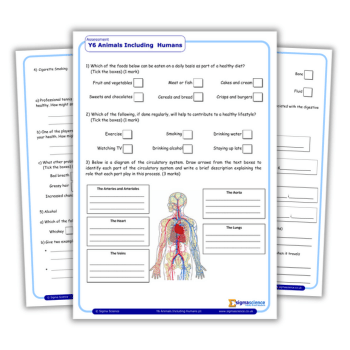Tracking Pupil Progress Doesn’t Always Mean Using Data

Now we’ve stopped allocating dubious numbers to children, we can reflect on our understanding of progress…

For many primary teachers, pupil progress used to be a fairly simple affair.
Children would arrive in class with a set of numbers against their names, and these would change slightly as pupils gradually got better at reading, writing and maths.
Of course, the numbers looked slightly odd as they had letters attached to them, but 2a magically changed into 3c and children ‘made progress’.
After a while, it became clear that, for reasons which were never quite explained, sub-levels could be turned into a countable number, such as ‘17’ or ‘19’.
But still, children could advance from 2a (which, mysteriously, was 17 points) to 3c (19 points) and beyond.
Advancing showed that children had ‘made progress’, and as long as everyone increased by two sub-levels a year, more or less, everyone was happy.
Except that, as it turned out, all of this was largely nonsense. Levels weren’t designed for this kind of thing at all.
If anything, they were designed to make sure all children could feel that they were moving forward during their formative education; that they wouldn’t be labelled as failures at young, impressionable ages.
What’s more, allocating a number to a child through teacher assessment was highly subjective, and even where some kind of test had been used to support the process, the whole edifice had so many issues that the ‘data’ which emerged was often close to useless.
Not that the DfE was particularly interested in this; it simply wanted a number at the end of each Key Stage which it could use to produce a measure of how much ‘value’ a school ‘added’ between fixed points.
It wasn’t particularly fussed about the way in which these numbers were generated, and it left Ofsted with the thankless task of trying to square various circles which were created using a mishmash of pupil test data and teacher assessments.
Away from shenanigans at the end of each Key Stage, notions of progress took on a life of their own; Ofsted had a period of looking for ‘progress within each lesson’, schools began collecting dubious data every six weeks, and many people within the system began to complain loudly that things were going badly wrong.
At this point, voices began to be raised suggesting that the measurements being used were not as robust as was being claimed, and that pushing children to progress too quickly may not be in their best interests.
Just as the increased pressure on the system being built around levels reached its height, a new regime swept into the DfE, bringing with it a desire to raise standards and – by and large – an indifference to any sense of disillusionment within the system.
The bar was raised across the board and schools were tasked with implementing the new curriculum. The framework of levels – and all that underpinned them – was abandoned and schools were left to pick up the pieces.
Scaled scores were introduced and schools had to work out the implications of this for themselves.
The result was chaos; for a while at least. Many schools simply replicated the system of levels, to a large extent.
In the end, the DfE had to act. Its 2015 report ‘Assessment without levels’ meant that everyone had to think hard about the way they used assessment within their schools.
This has presented a huge opportunity. Many schools have stopped allocating dubious numbers to children, embracing standardised tests and comparative judgement instead.
Lots have embraced the idea that assessing attainment and monitoring progress are separate endeavours, and have worked hard to ensure that children are properly supported in learning those things they have not yet mastered, rather than pushed on before they have grasped the curriculum appropriate to their age.
When Sean Harford, Ofsted’s engaging national director of education, recently tweeted that tracking pupil progress “doesn’t necessarily mean ‘use data’”, the odd hissing sound you might have heard probably came from the offices of those who have been tasked with managing data in their schools, as the air slowly leaked from the tyres of their data juggernauts.
Simply put, progress happens when a child’s knowledge and understanding advances, rather than when a number has been generated. It’s about what children can do now that they couldn’t do before, not simply whether the figures have changed. That, more than anything, is progress.
 Richard Selfridge is a primary teacher, Driver Youth Trust programme facilitator and writer on the use of data in education.
Richard Selfridge is a primary teacher, Driver Youth Trust programme facilitator and writer on the use of data in education.











